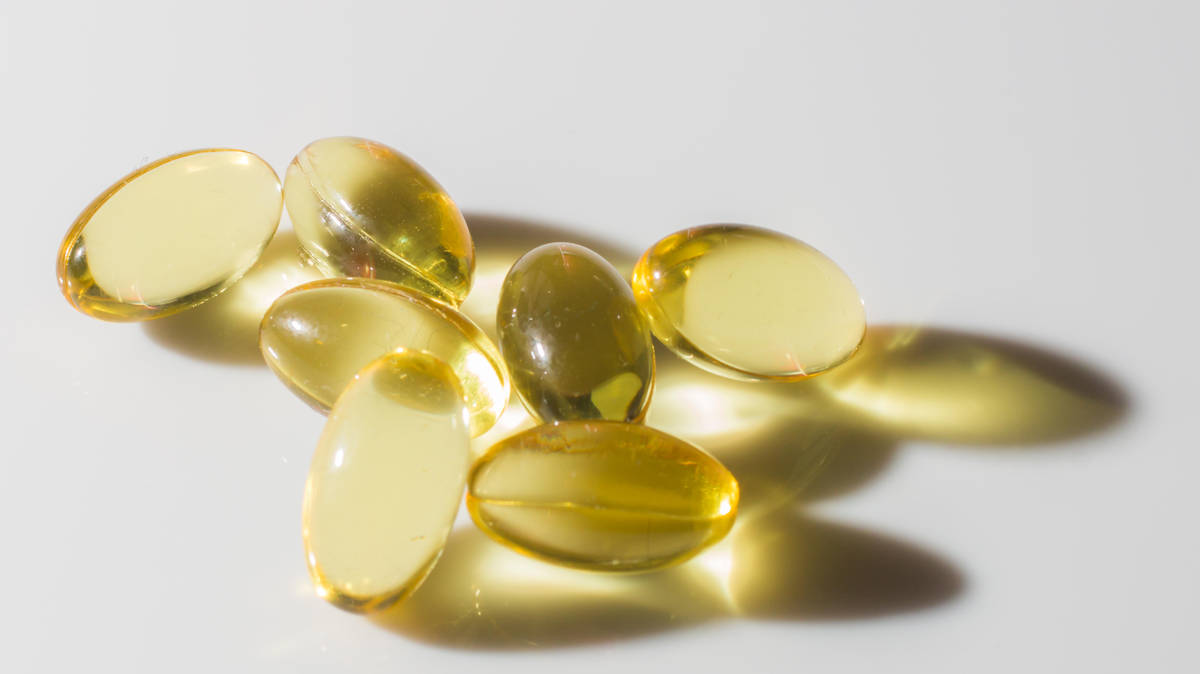Researchers found adults who took 2,000 IU of the vitamin daily for four years had significantly less telomere shortening – the DNA caps linked to aging – then those who did not.
This lack of shortening resulted in nearly three fewer years of biological ageing over that period.
Scientists believe vitamin D’s anti-inflammatory effects may help preserve telomores.
Dr Jo-Ann Manson, the trial’s lead invesigator, described the findings as “a promising role for vitamin D in slowing a pathway for biological aging and age-related chronic disease”.
Read more: Drug that slows onset of type 1 diabetes given UK licensing go-ahead
Read more: ‘Fat jab’ Mounjaro to triple in price from September costing thousands
The same trial also tested omega-3 fatty acids, but found no effect on telomere length – making vitamin D the standout.
Experts caution that while these findings are encouraging, more research is needed before health guidelines are updated.
“Keep in mind that taking a supplement will never be a substitute for a healthy diet and healthy lifestyle,” Manson said.
“Although it’s much easier to pop a pill than to be physically active outdoors and eat healthfully, these lifestyle factors will do more to keep you healthy and lower your risk of cardiovascular disease, cancer, type 2 diabetes, and other chronic diseases of aging.”
